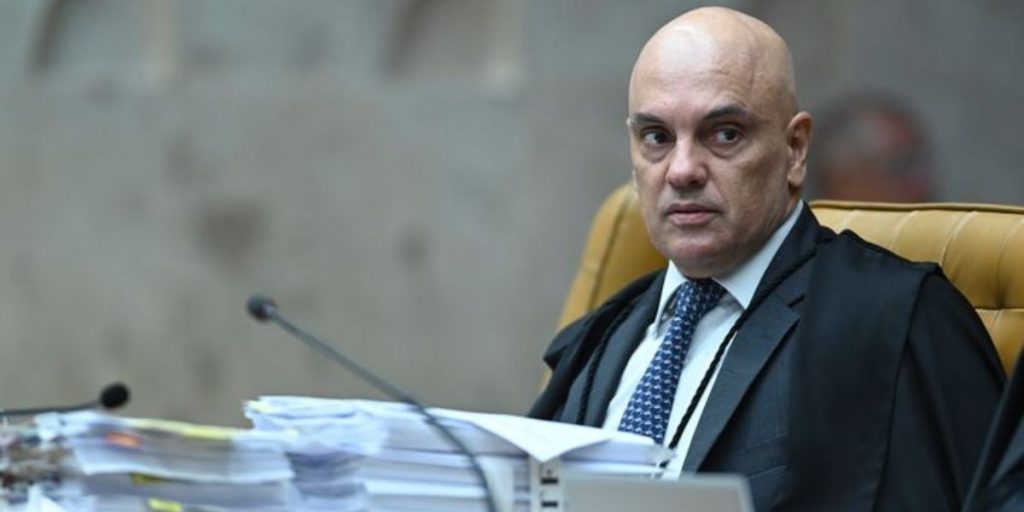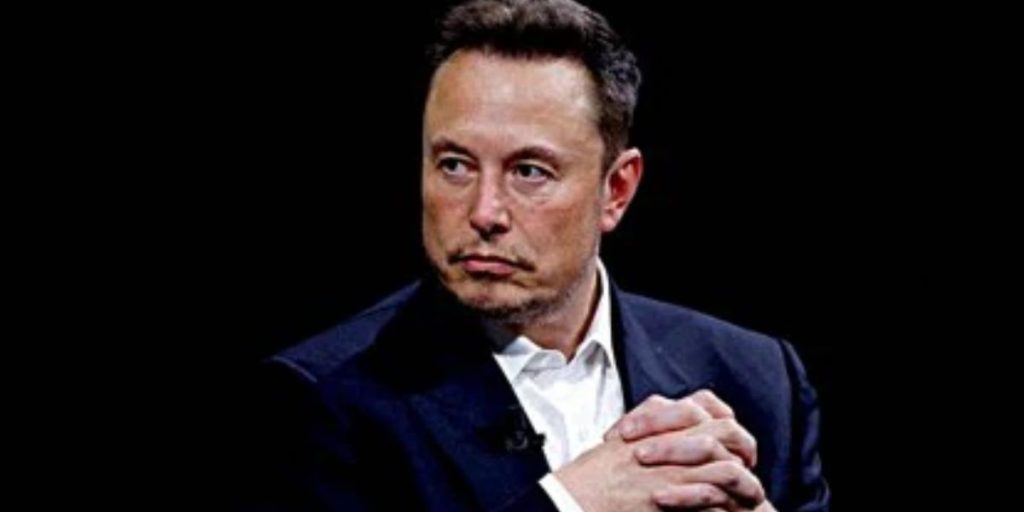A crusading Brazilian Supreme Court justice named Elon Musk as a target in an ongoing inquiry into the spread of fake news, and a separate probe was launched late Sunday against the executive for possible obstruction.
In his decision, Justice Alexandre de Moraes noted that Musk began waging a public “disinformation campaign” regarding the top court’s actions on Saturday and that Musk continued the next day, most notably with comments that his social media company X would cease to comply with the court’s orders to block certain accounts.
“The flagrant conduct of obstruction of Brazilian justice, incitement of crime, the public threat of disobedience of court orders and future lack of cooperation from the platform are facts that disrespect the sovereignty of Brazil,” de Moraes said in a statement.

According to the decision’s language, Musk will be investigated for alleged purposeful illegal instrumentalization of X as part of an inquiry into a network of people known as digital militias who are accused of spreading defamatory fake news and threats against Supreme Court justices. The new probe will determine whether Musk engaged in obstruction, criminal organization, or incitement.
As of late Sunday, Musk had not made any comments on X regarding the recent development.
Brazil’s political right has long accused de Moraes of overstepping his authority by restricting free expression and engaging in political persecution. In the digital militias probe, parliamentarians from former President Jair Bolsonaro’s circle have been imprisoned, and the residences of his followers have been raided. Bolsonaro himself became the focus of the probe in 2021.
De Moraes’ supporters have argued that his decisions, while extraordinary, are legally sound and necessary to rid social media of fake news and eliminate threats to Brazilian democracy, as highlighted by the Jan. 8, 2023, uprising in Brazil’s capital, which resembled the Jan. 6, 2021 insurrection in the United States Capitol.
On Saturday, Musk, a self-proclaimed free speech absolutist, wrote on X that the platform would abolish all limitations on blocked accounts, predicting that the move would dry up revenue in Brazil and drive the firm to close its local operation.

“But principles matter more than profit,” he stated in a letter.
He later encouraged Brazilian customers to use a VPN to maintain access if X was shut down, and he stated that X would disclose all of de Moraes’ demands, saying they violated Brazilian law.
“These are the most draconian demands of any country on Earth!” he added in a follow-up letter.
Musk had not released de Moraes’ demands as of late Sunday, and prominent blocked accounts remained so, indicating that X had failed to act on Musk’s previous promises.
Moraes’ decision advised against doing so, stating that each blocked account that X later reactivates would result in a fine of 100,000 reais ($20,000) per day, and individuals involved would be held criminally accountable for violating a court order.
Brazil’s attorney general posted on Saturday night that social media networks needed to be regulated immediately. “We cannot live in a society where billionaires based abroad control social media and put themselves in a position to undermine the rule of law by failing to comply with court decisions and threatening our officials. “Social peace is not negotiable,” Jorge Messias wrote on X.
Brazil’s constitution, drafted following the 1964-1985 military dictatorship, has a long list of aspirational aims as well as prohibitions on particular offenses such as racism and, more recently, homophobia. However, freedom of speech is not absolute.